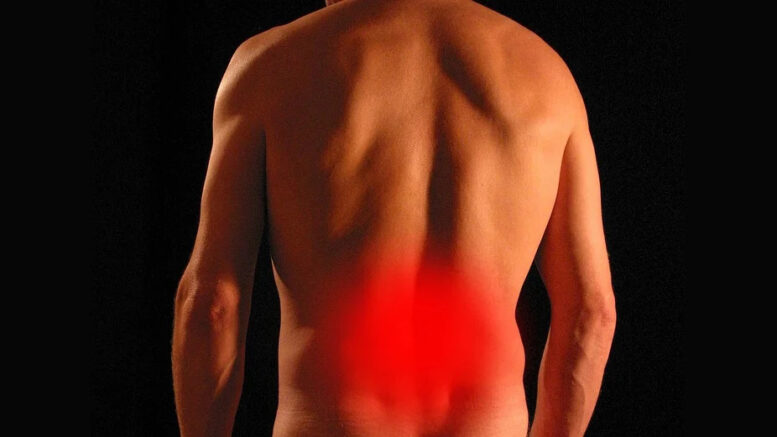Chronic pain is a common condition that affects approximately 50 million United States adults. This condition is physically and psychologically stressful, and its constant discomfort can result in anger and frustration with oneself and their loved ones.
Several medical treatments, such as prescription and over-the-counter medication, physical therapy, and less rarely utilized treatments like surgery, can relieve chronic pain. However, these options are just a few approaches to solving the chronic pain puzzle. Here are seven modern ways to alleviate chronic pain.
Seek professional medical care
Chronic pain can be hard to cope with on your own, so it’s important to work with your doctor to develop a tailored plan for treating and managing your pain. Treatment plans are designed for a particular patient, but they usually involve the following:
- Teaching relaxation techniques
- Building new coping skills
- Changing old beliefs about pain
- Addressing any depression or anxiety that may accompany your pain
Your doctor may also recommend EPAT therapy also known as shockwave therapy, to help manage your pain and help you develop a routine to stay on track with your treatment.
Exercise regularly
Exercise might be the last thing to think about when you are in pain. However, gentle and short physical activities can help you recover. Aerobic activities such as walking, swimming, and biking help loosen stiff muscles and improve blood flow, both of which speed up your body’s natural healing process.
Regular exercise can also help keep your weight down, minimize heart disease risk, and regulate blood sugar levels, which is particularly essential if you have diabetes. It also raises endorphins, the brain chemicals that can help boost your mood while blocking pain signals.
Challenge yourself a little bit physically, but be careful about your activities, especially if you have a medical condition like diabetic neuropathy. Consult your doctor to know an exercise routine that is right for you.
Eat a healthy diet
A well-balanced diet is essential to your overall health, and the foods you eat can determine how well your body fights painful inflammation. Foods such as whole fruits, legumes, dark green vegetables, nuts, and whole grains have an anti-inflammatory effect that helps soothe and prevent painful flare-ups. Eating a healthy diet also helps control your body weight, which further reduces pain by reducing the pressure on your spine.

However, some diets, especially those high in trans fats and refined sugars, are highly inflammatory and can cause or worsen chronic pain. Consult your doctor to know whether your diet could be contributing to chronic pain and how you could adjust it.
Monitor your pain level and activities
Your doctor or physician wants to know how you have been feeling between visits to effectively treat your pain. Keeping a journal or log of your daily pain score can help you monitor your pain.
Note your pain level on a 1 to 10 scale at the end of each day and the activities you have done. Carry this journal to every doctor visit to give your healthcare provider a good understanding of how you are living with chronic pain and your physical functioning level.
Get enough sleep
A lack of sleep can lead to weight gain, which could exacerbate your chronic pain. Poor sleep and chronic pain can also lead to mental health disorders such as anxiety and depression, which may create a terrible cycle of pain. Getting adequate quality sleep is essential for your overall well-being, and it can be instrumental in helping alleviate your chronic pain symptoms.
The amount of sleep each individual needs depends on several factors, such as age. For most adults, the adequate amount of sleep is between seven and eight hours a night. However, some individuals may require as few as five hours or as many as 10 hours of sleep every day.
Manage your stress
Physical and emotional pain are strongly connected, and persistent pain can result in increased levels of stress. Finding healthy ways to deal with stress can help you control your symptoms and gain peace of mind.
Everyone has different techniques for managing stress, but some of the best strategies include eating well, getting enough sleep, and engaging in approved physical activity. Try different approaches until you find what works best for you.
Join a support group
Going through the daily hassle of your pain can be extremely trying, especially when doing it alone. Reach out to other individuals in the same situation who can understand and share your highs and lows. Search online or in your local community for support groups that can help reduce your burden by helping you know you are not alone. Asking for help is not a sign of weakness but strength.
Endnote
There are many modern ways to alleviate chronic pain, and the good news is that most are accessible and easy to use. However, it is good to ask your healthcare provider about the pain management approaches that suit you. Your doctor can help develop a chronic pain management plan that involves some or all of these strategies, which will help put you back in control of your life.
